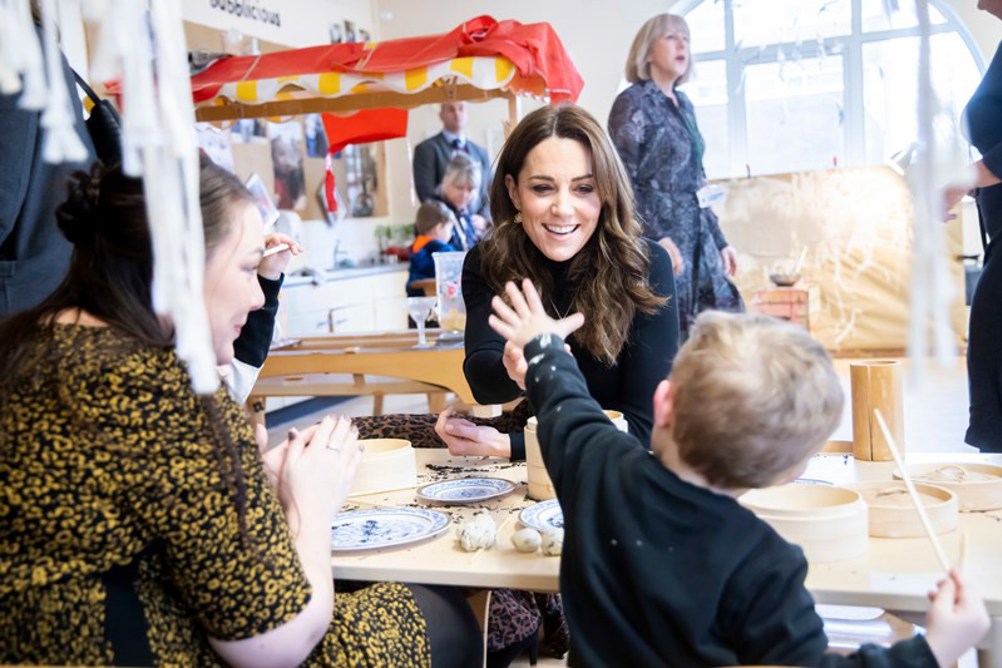
More than half a million people took part in the Royal Foundation’s 5 Big Questions survey, which was launched in January and carried out by Ipsos MORI.
It has produced the largest-ever response from the public to research on early childhood, Kensington Palace said. Ipsos MORI has said the poll response was the biggest in its history.
Kate has been the driving force behind the study, which reports that only one in four people recognise the key importance of the first five years of a child’s life.
While 98 per cent believe that nurture is essential to lifelong outcomes, just 24 per cent think pregnancy to age five is the most pivotal period for health and happiness in adulthood.
Register now to continue reading
Thank you for visiting Nursery World and making use of our archive of more than 35,000 expert features, subject guides, case studies and policy updates. Why not register today and enjoy the following great benefits:
What's included
-
Free access to 4 subscriber-only articles per month
-
Unlimited access to news and opinion
-
Email newsletter providing activity ideas, best practice and breaking news
Already have an account? Sign in here









